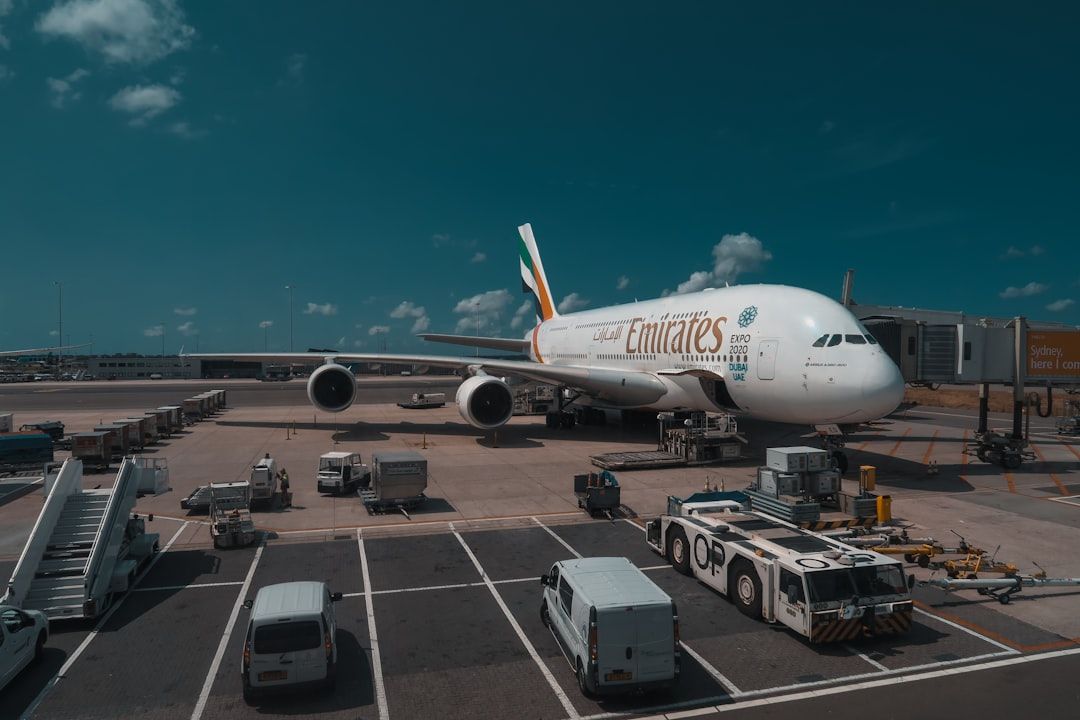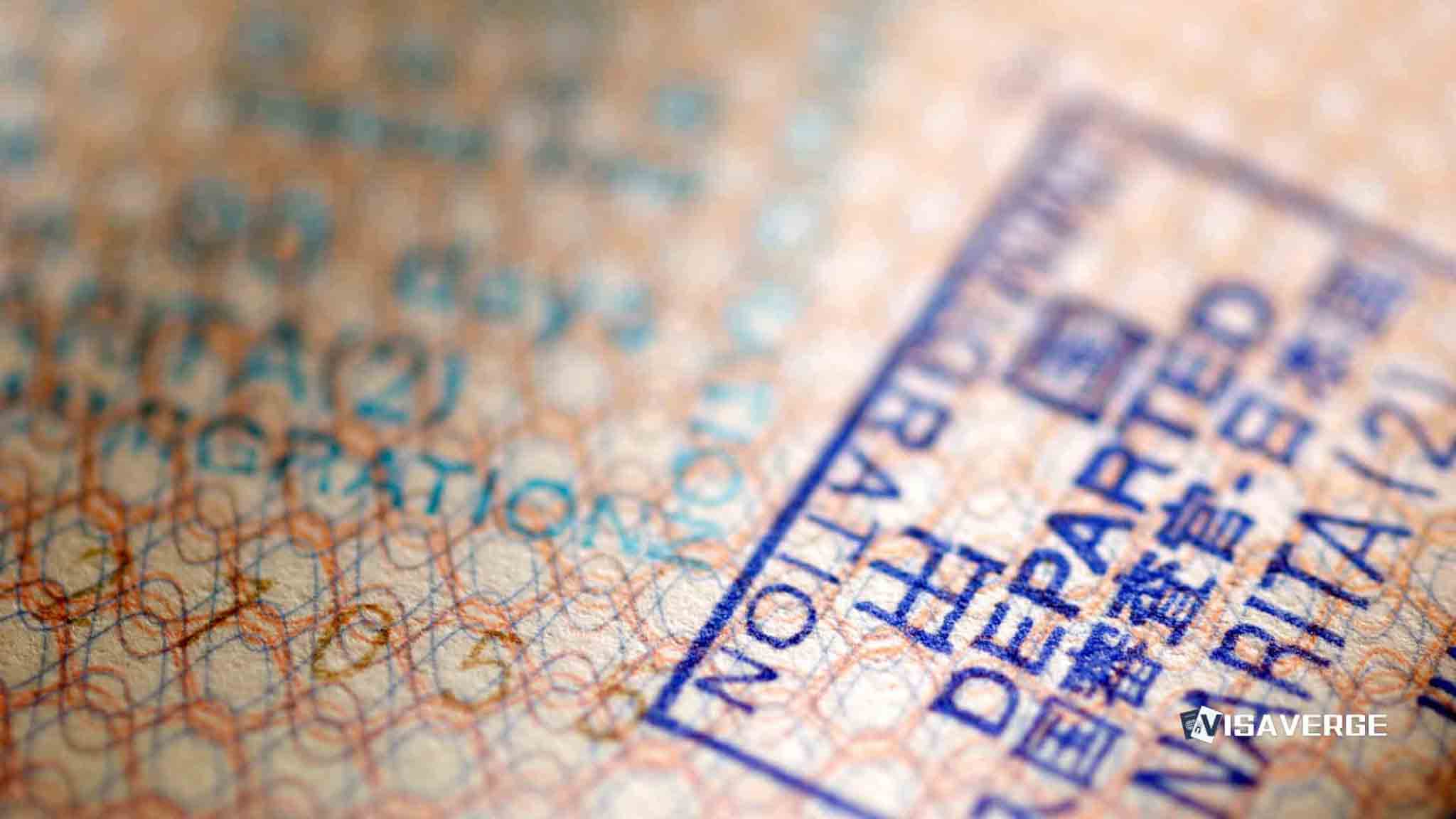Key Takeaways
• OBBBA removes Medicaid eligibility for humanitarian entrants like refugees and asylum seekers.
• New work reporting requirements may cause Medicaid loss for low-income immigrants with unstable jobs.
• About 15 million people could lose Medicaid coverage due to federal funding cuts under OBBBA.
The passage of the One Big Beautiful Bill Act (OBBBA) by the Senate marks a turning point in how immigrants in the United States 🇺🇸 access healthcare and related benefits. This analysis explores the purpose and scope of the OBBBA, the methods used to assess its impact, key findings on Medicaid eligibility and healthcare access, data trends, and the relief programs and advocacy avenues available to those affected. The discussion concludes with evidence-based insights, practical limitations, and guidance for immigrants, families, and advocates.
Purpose and Scope

The OBBBA introduces sweeping changes to Medicaid eligibility, particularly for noncitizens, and imposes new work reporting requirements. The bill’s scope extends to millions of immigrants and low-income individuals, with direct effects on healthcare access, financial stability, and community health outcomes. This analysis aims to:
- Explain the main policy changes under the OBBBA, especially regarding Medicaid eligibility
- Identify which immigrant groups are most affected
- Present available relief programs and advocacy avenues
- Highlight trends, patterns, and possible future developments
- Offer practical guidance and official resources
Methodology
This analysis draws on official legislative text, government data, and reports from advocacy organizations. It reviews:
- The text of the OBBBA as passed by the Senate
- Official Medicaid eligibility guidelines from the U.S. Department of Health and Human Services (HHS)
- Public statements and resources from the National Immigration Law Center (NILC) and the American Civil Liberties Union (ACLU)
- Recent news coverage and policy analysis, including findings reported by VisaVerge.com
Data is presented in clear, accessible language, with key statistics and trends highlighted. Where possible, direct links to official resources are provided for readers seeking further information.
Key Findings
1. Medicaid Eligibility Changes Under OBBBA
The OBBBA’s Section 71109 makes major changes to who can get Medicaid. Humanitarian entrants—a group that includes refugees, asylum seekers, and others admitted for urgent reasons—are now excluded from Medicaid eligibility. Only the following groups remain eligible:
- Lawful Permanent Residents (LPRs): Also known as green card holders, these individuals can still apply for Medicaid if they meet other requirements.
- Cuban/Haitian Entrants: People from Cuba or Haiti who have special status can continue to access Medicaid.
- Compact of Free Association (CFA) Residents: Citizens of certain Pacific Island nations with special agreements with the United States 🇺🇸 remain eligible.
This change removes a safety net for many vulnerable immigrants, especially those fleeing danger or hardship.
2. Work Reporting Requirements
The OBBBA introduces work reporting requirements for adults who gained Medicaid through the expansion under the Affordable Care Act (ACA). This means that to keep their Medicaid coverage, many adults—including immigrants—must regularly prove they are working, looking for work, or participating in approved activities.
- Potential Impact: Many low-income immigrants work in jobs with unstable hours or face language and transportation barriers. These requirements could lead to loss of coverage for people who cannot meet the new rules or struggle with paperwork.
3. Federal Funding Cuts and Coverage Loss
The OBBBA includes large cuts to federal Medicaid funding. Estimates suggest that about 15 million people could lose healthcare coverage, with a significant share being immigrants or members of mixed-status families.
- States Most Affected: States that expanded Medicaid under the ACA will see the biggest changes. These states often have larger immigrant populations, so the impact will be uneven across the country.
4. Relief Programs and Advocacy Avenues
Despite these changes, several relief programs and advocacy efforts are working to help immigrants:
Community Organizations
- National Immigration Law Center (NILC): Offers legal help and policy advocacy for immigrants facing healthcare and benefit cuts.
- American Civil Liberties Union (ACLU): Provides legal support and fights for civil rights, including healthcare access for immigrants.
- Local Community Groups: Many local organizations help immigrants understand their rights, apply for state programs, and find healthcare providers.
State-Funded Health Programs
Some states use their own money to offer health coverage to immigrants who cannot get federal benefits. These programs vary by state and may cover children, pregnant women, or other groups.
- Example: California offers Medi-Cal to low-income residents regardless of immigration status, including undocumented immigrants under certain age groups.
Legal Assistance
Legal aid groups help immigrants understand the new rules, appeal denials, and apply for any benefits they may still qualify for. Many services are free or low-cost.
Advocacy Campaigns
Advocacy groups are organizing public campaigns to:
- Raise awareness about the OBBBA’s effects
- Lobby lawmakers for changes or new protections
- Mobilize communities to speak out and share their stories
5. Immediate and Long-Term Implications
Immediate Impacts
- Loss of Coverage: Many immigrants will lose Medicaid and may have no affordable alternative.
- Increased Costs: Without Medicaid, people may face high medical bills or skip needed care.
- Stress and Confusion: The new rules are complex, leading to confusion and fear among immigrant families.
Long-Term Implications
- Wider Health Gaps: Health differences between immigrants and others may grow, especially for children and older adults.
- State Budgets: States that try to fill the gap with their own programs may face higher costs.
- Community Health: When people lose coverage, public health can suffer, especially during emergencies.
Data Presentation and Trends
Medicaid Eligibility Before and After OBBBA
| Immigrant Group | Medicaid Eligibility Before OBBBA | Medicaid Eligibility After OBBBA |
|---|---|---|
| Lawful Permanent Residents (LPRs) | Yes | Yes |
| Cuban/Haitian Entrants | Yes | Yes |
| CFA Residents | Yes | Yes |
| Humanitarian Entrants | Yes | No |
| Undocumented Immigrants | No | No |
Key Trend: The most significant change is the removal of humanitarian entrants from Medicaid eligibility, leaving many without coverage.
Work Reporting Requirements: Who Is Affected?
- Adults in Medicaid Expansion States: Must now report work or approved activities
- Low-Income Immigrants: More likely to have jobs with unstable hours, making compliance harder
- Potential for Coverage Loss: People who miss reporting deadlines or cannot meet requirements risk losing Medicaid
State-Funded Programs: Patchwork Relief
- States with Programs: California, New York, Illinois, and a few others offer some state-funded health coverage for immigrants.
- States without Programs: Most states do not offer alternatives, leaving immigrants with few options.
Advocacy and Legal Support: Growing Response
- Increased Demand: Legal aid and advocacy groups report more calls and requests for help since the OBBBA passed.
- Campaigns: Groups are launching new efforts to educate the public and push for policy changes.
Comparisons, Patterns, and Evidence
Comparison: OBBBA vs. Previous Policy
- Before OBBBA: Many humanitarian entrants could get Medicaid, and work reporting was not required for most adults.
- After OBBBA: Fewer immigrants are eligible, and more people must meet work rules.
Pattern: Disproportionate Impact on Immigrants
- Humanitarian Entrants: Refugees and asylum seekers, who often arrive with urgent health needs, are now excluded.
- Mixed-Status Families: Families with both citizens and noncitizens may lose coverage for some members.
- Children and Seniors: Vulnerable groups may be at higher risk if parents or caregivers lose coverage.
Evidence from Advocacy Groups
- NILC and ACLU: Both organizations have documented increased hardship among immigrants after similar policy changes in the past.
- VisaVerge.com reports that advocacy groups are preparing legal challenges and urging states to expand their own programs to fill the gaps left by federal cuts.
Evidence-Based Conclusions
The OBBBA’s changes to Medicaid eligibility and work reporting requirements will likely lead to:
- Widespread loss of healthcare coverage among immigrants, especially humanitarian entrants
- Increased financial and health risks for low-income families
- Greater demand for state-funded programs and legal assistance
- Ongoing advocacy and possible legal challenges to the new rules
While some states and organizations are stepping in to help, the overall trend is toward fewer options and more barriers for immigrants seeking healthcare.
Limitations
- State Variation: Relief programs and eligibility rules differ widely by state, so not all immigrants will have the same options.
- Changing Policies: Lawsuits or new legislation could change the rules again, creating uncertainty.
- Data Gaps: Exact numbers of affected immigrants are hard to track, especially for those who do not seek help or are afraid to come forward.
Practical Guidance and Next Steps
For immigrants and families affected by the OBBBA:
- Check Your State’s Programs: Some states offer health coverage for immigrants who lose Medicaid. Visit your state’s health department website or contact local community groups for details.
- Seek Legal Help: If you are denied Medicaid or have questions about your eligibility, contact organizations like the National Immigration Law Center (NILC) or the American Civil Liberties Union (ACLU).
- Stay Informed: Policy changes may happen quickly. Follow updates from trusted sources, including the U.S. Department of Health and Human Services (HHS), which provides official information on Medicaid and other health programs.
- Join Advocacy Efforts: Many groups are organizing to fight for better healthcare access. Getting involved can help protect your rights and those of your community.
Official Resources
- U.S. Department of Health and Human Services (HHS): Medicaid Information
- National Immigration Law Center (NILC): www.nilc.org
- American Civil Liberties Union (ACLU): www.aclu.org
These resources offer up-to-date information on Medicaid eligibility, state programs, and legal rights.
Final Thoughts
The One Big Beautiful Bill Act, now passed by the Senate, brings major changes to Medicaid eligibility and healthcare access for immigrants in the United States 🇺🇸. Humanitarian entrants, in particular, face new barriers to care, while work reporting requirements add complexity for many low-income families. Relief programs exist, but they vary by state and may not cover everyone in need.
Advocacy groups, legal aid organizations, and some state governments are working hard to fill the gaps and protect immigrant health. However, the landscape is changing quickly, and affected individuals should seek help from trusted sources and stay alert for new developments.
As reported by VisaVerge.com, ongoing advocacy and possible legal challenges may shape the future of these policies. For now, immigrants and their allies must use every available resource to protect access to healthcare and support community well-being.
Action Steps:
- Review your Medicaid eligibility under the new rules
- Contact local or national organizations for help
- Monitor official government updates for changes
- Participate in advocacy efforts if you are able
By staying informed and connected, immigrants and their supporters can better face the challenges brought by the OBBBA and work toward a fairer, healthier future for all.
Learn Today
OBBBA → One Big Beautiful Bill Act reshaping Medicaid eligibility and work requirements for immigrants in the U.S.
Medicaid → Federal and state program providing health coverage to eligible low-income individuals and families.
Humanitarian entrants → Immigrants admitted urgently for reasons like refugees or asylum seekers, now excluded from Medicaid under OBBBA.
Work reporting requirements → Rules requiring Medicaid recipients to prove employment or approved activity participation to keep coverage.
Lawful Permanent Residents → Immigrants with green cards eligible for Medicaid if other criteria are met.
This Article in a Nutshell
The One Big Beautiful Bill Act reshapes Medicaid eligibility and work rules, excluding many immigrants, especially humanitarian entrants. Significant coverage losses are predicted, but relief programs and advocacy groups strive to assist affected communities and support ongoing legal challenges to protect immigrant healthcare access nationwide.
— By VisaVerge.com








